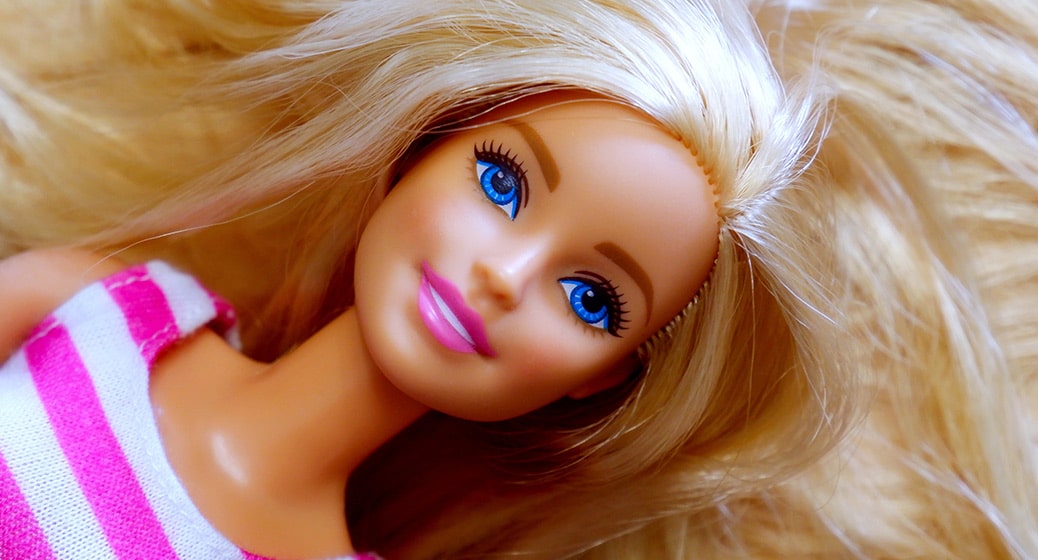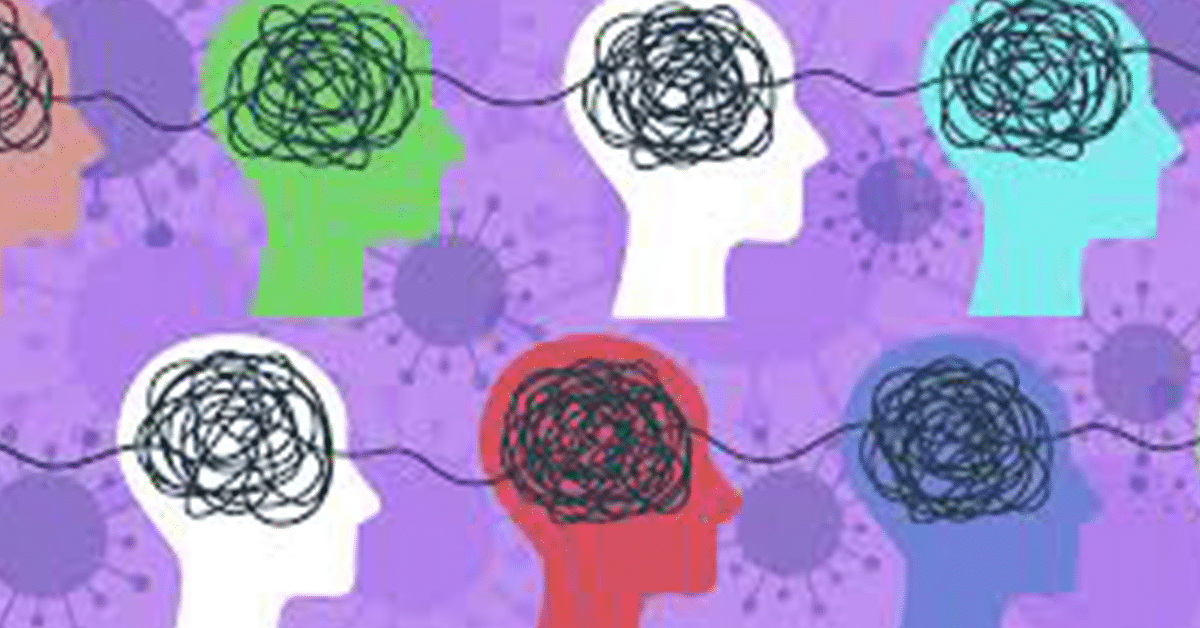Introduction:
In a world that often emphasizes superficiality and places unrealistic expectations on individuals, Greta Gerwig’s upcoming Barbie movie emerges as a beacon of hope, breaking through the cultural norms to engage audiences on a profoundly emotional level. Beyond the glitz and glamour, this film offers an opportunity to reflect on the more profound impact of patriarchal norms on both male and female mental health. With Gerwig’s masterful touch, the movie promises entertainment and a chance for collective introspection.
Embracing Authenticity Over Conformity:
Gerwig, known for her poignant storytelling in films like “Lady Bird” and “Little Women,” has once again demonstrated her knack for weaving narratives that resonate with authenticity. The Barbie movie isn’t just about fashion and frivolity; it explores self-discovery, identity, and societal pressures. By reimagining a traditionally one-dimensional character, Gerwig challenges the notion that conforming to a limited set of ideals is the path to happiness. Instead, she embraces the idea that true emotional resonance comes from embracing one’s uniqueness.
Impacting Female Audiences:
The emotional impact of Gerwig’s Barbie movie on female audiences is undeniable. Through the film’s narrative, viewers are encouraged to confront the long-standing influence of the patriarchy on their lives. The movie’s characters grapple with expectations, body image issues, and the struggle to maintain a facade of perfection. By addressing these issues head-on, Gerwig creates a safe space for women to acknowledge their vulnerability and insecurity, fostering a sense of solidarity and empowerment.
Unveiling Male Vulnerability:
While the Barbie movie is often associated with a female audience, it also delves into the lesser-discussed effects of patriarchy on male mental health. The unrealistic portrayal of masculinity perpetuated by societal norms has its own set of consequences. Men are often pressured to suppress emotions, creating a toxic cycle that can lead to feelings of isolation and inadequacy. Gerwig’s film gently peels back the layers of this issue, inviting male viewers to reconsider the impact of societal expectations on their mental well-being.
Catalyzing Conversations:
One of the remarkable achievements of Gerwig’s Barbie movie is its ability to spark conversations across diverse demographics. Families, friends, and individuals are finding common ground in discussions about the harmful effects of patriarchy. By addressing these issues warmly and relatable, the film acts as a catalyst for breaking down barriers and encouraging open dialogues. It’s fostering a cultural shift where emotional well-being is valued above conforming to outdated norms.
Conclusion:
Greta Gerwig’s Barbie movie has carved a unique niche in the cinematic landscape, touching audiences in ways that go beyond the screen. With a warm and empathetic tone, the film addresses the emotional toll of the patriarchy on both men and women. Through the lens of Barbie, a symbol of conventional beauty standards, Gerwig invites us to challenge societal norms and embrace authenticity. As viewers, we are called to acknowledge our vulnerabilities, forge connections, and work towards a world where mental health is nurtured, and emotional resonance thrives.
Keep Reading
Want more? Here are some other blog posts you might be interested in.








